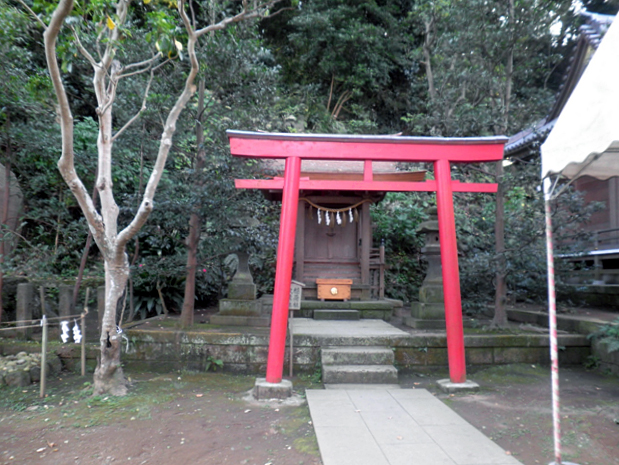
A Look Back at KCP (Part 1) Preparations and Arrival by Jessica Funtanilla
KCP Fall 2010 student Jessica Funtanilla shares with us a wealth of information through her article, “KCP: A Look Back”, divided into a 4-part series. In this first installment, Jessica gives us a good idea of what to expect, from the acceptance letter to the entrance exam in Japan. Thanks, Jessica!
Congratulations! You’ve been accepted into KCP International’s language program! You’re on your way to speaking Japanese better and faster than you do right now. And the best part? You’re going to Japan!
Torii. | KCP Flickr
It’s a new and exciting adventure, but when you take a step back, you might still have a few questions. Where will you live, and how will you get there? What if you don’t understand your teachers? How will you make it being, for at least three months, so far from home?
Deep breaths.
We all go through the normal fears of studying abroad (trust me, I went to Japan twice in addition to Europe), but KCP makes every effort to help you get past these concerns from the moment you’re accepted into the program.
When you get your acceptance letter, you’ll soon after receive KCP’s student handbook. Read it; it answered almost every question I had: how to plan a budget, working your metro card, preparing for your exam, and even making airport arrangements for your return home. For many of your questions, you can ask the program director, Mike Anderson, who runs the KCP office in Washington State. Anything Mike can’t answer (and he is full of helpful advice), you can ask Tanaka-san, the program director at KCP. Tanaka-san can answer any specific questions you have about the program. (For instance, I was concerned about bringing laundry detergent with . It sounds silly at first, but when I realized I wasn’t sure which soap is for washers or what the warnings on the box might say, his advice was extremely helpful.) You can ask Tanaka-san about your living arrangement, host family, travel itinerary, and anything else that might make your preparations a bit easier. Don’t be afraid to send him an email; he’s incredibly helpful and understanding of your concerns. (And don’t worry if you can’t ask him in Japanese just yet–he is the part of the English support team at KCP.)
Speaking of English support, it’s worth mentioning that your classes will all be in Japanese. This might be frightening at first, especially if you aren’t very advanced, but this is an excellent way to learn a language, and help is always available.
Class session. | KCP Flickr
During the week, there are support sessions where a language advisor will be available to answer any questions you have, in English. It’s a great opportunity to ask questions you might not be sure how to phrase in class, or to get extra practice before tests and exams. It lets you get a feel for what students in higher levels cover, if your intent is to stay with KCP for more than one term. Even if you’re determined not to speak any English during your time in Japan, it’s always nice to know help is available. I usually went before exams, since we all wanted to make sure we mastered the material and had extra practice.
You will take a placement exam when you first arrive. This is to determine which level you will study at KCP. Study hard for this exam—even if you only have a year of Japanese under you, studying hard for this exam will benefit you. KCP has six levels, and for those who wish to place highly, the more you can study before the exam, the higher level you will be placed in. If you fall between two levels, you will have a week to decide whether the higher level is right for you. Do consider staying in there, even if it seems too hard at first; it benefits your language skills to stay there. There is always English support for you if you need it.
Stay tuned for more valuable tips from Jessica!


